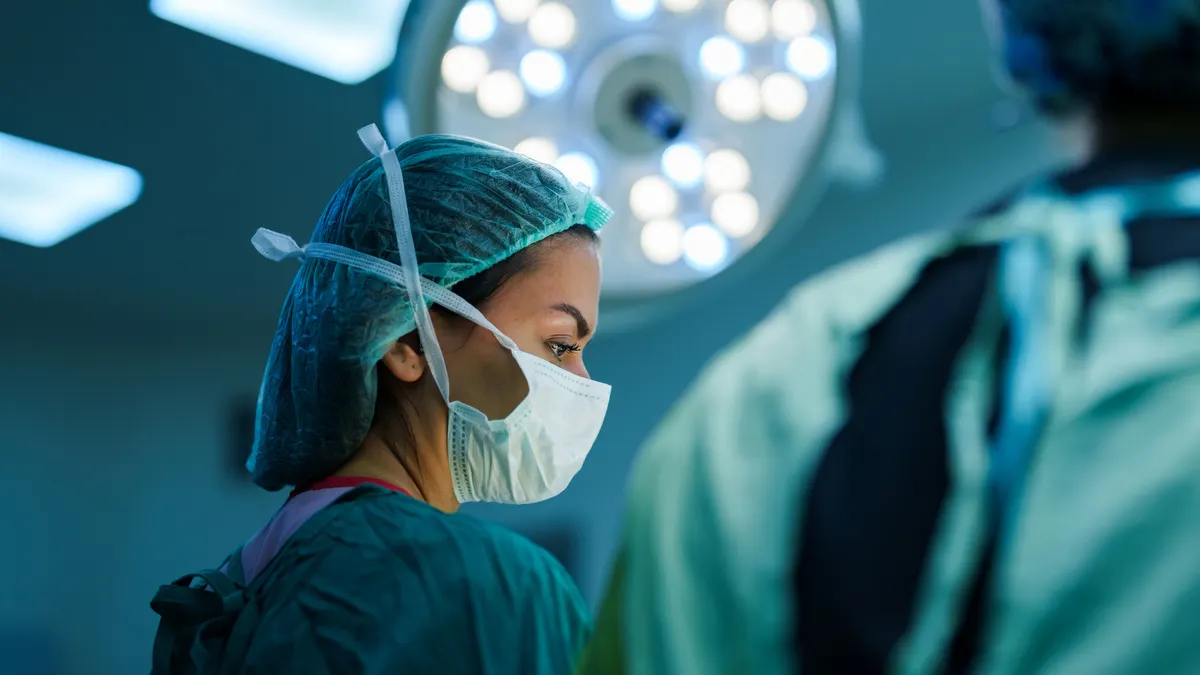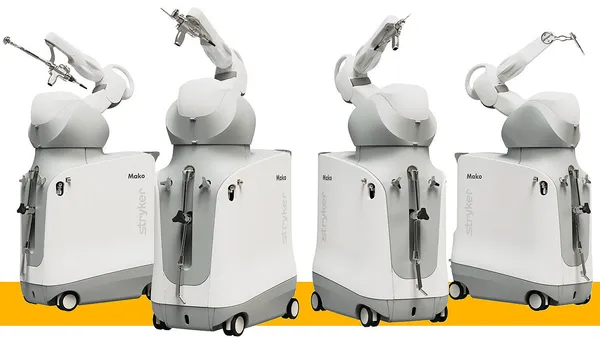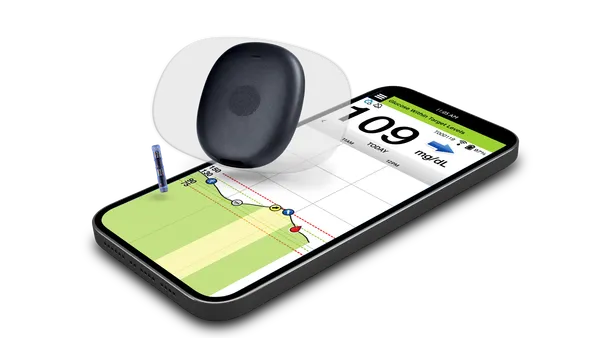Dive Brief:
- B. Braun has bought digital, robotic-assisted 3D surgical microscopy specialist True Digital Surgery, the companies said Friday.
- TDS designed its digital imaging system to overcome perceived limitations of ocular microscopes, such as size of the equipment and the need for surgeons to look through eyepieces. B. Braun previously held a minority stake in TDS. The terms of the deal were not disclosed.
- Aesculap, B. Braun’s surgical division, already sells devices built on TDS’ technology. B. Braun said the acquisition will ensure the advancement of the Aesculap Aeos robotic digital microscope.
Dive Insight:
B. Braun said the high-end microsurgery market in neuro, spine and ear, nose and throat procedures is undergoing a significant transformation as physicians move from traditional analog microscopes to digital exoscopes. An exoscope is a digital, camera-based imaging system.
The technology provides excellent visualization at extreme angles and allows surgeons to operate while looking at 3D monitors instead of through an eyepiece, according to B. Braun. By removing the need to look through eyepieces, exoscopes enable surgeons to stand upright during procedures. The change in posture could reduce the strain on the neck and back.
A paper published in 2020 reported that 74% of surveyed neurosurgeons had experienced work-related musculoskeletal disorders. An earlier meta-analysis found that 12% of surgeons with such disorders required a leave of absence, practice restriction or modification, or early retirement.
Founded as TrueVision Systems in 2003, TDS has developed into a provider of technology designed to address ergonomic shortcomings that can force surgeons out of the workforce. TDS’ system includes a camera on a robotic arm. Images from the camera are sent to a 3D surgical display.
B. Braun said it plans for TDS to remain as a technology hub at its existing site in California. The buyout is intended to allow TDS to focus on innovating and integrating advanced technologies, B. Braun said.
Companies including Carl Zeiss Meditec, Leica Microsystems and Olympus sell surgical exoscopes. A recent survey of 25 neurosurgeons and 38 orthopedic surgeons found Olympus’ Orbeye and Meditec’s Zeiss Kinevo 900 were the two most widely used exoscopes.
Most of the surveyed surgeons said exoscope image quality is at least as good as that of operating microscopes. Almost half of the respondents reported reduced fatigue, while around one-third of surgeons said their fatigue got worse. The surgeons said the main limitation to exoscope use was cost, with the devices priced at up to $1.5 million.













